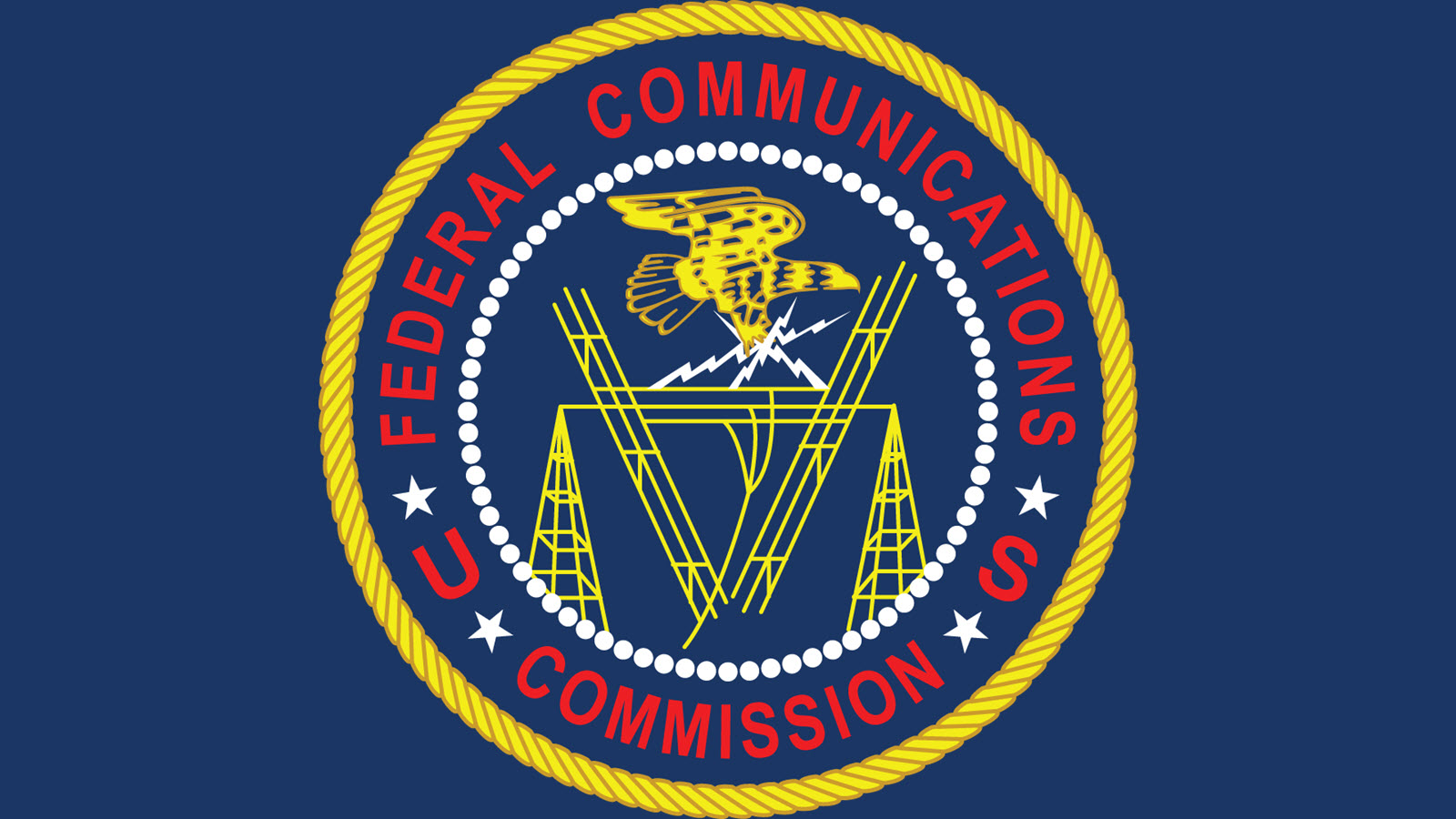FCC Announces Second Wave of Rural Broadband Funds

The smarter way to stay on top of broadcasting and cable industry. Sign up below
You are now subscribed
Your newsletter sign-up was successful
The FCC Monday (June 10) announced the second wave of funding for rural broadband stemming from its CAF (Connect America Fund) II auction for Universal Service Fund broadband subsidies.
Related: FCC Releases CAF Broadband Availability Map
That wave comprises $166.8 million for rural service to 60,850 homes in 22 states, which follows the $116.6 million in the first tranche for 37,148 homes in a dozen states, announced in May.
The auction last fall allocated $1.488 billion with a goal of reaching 700,000 unserved homes in the next 10 years.
The money will start being handed out later this month.
Closing the rural digital divide is currently vying with the related "winning the race to 5G" as the top priority for the FCC under chair Ajit Pai.
“Providers will be deploying gigabit-speed connections to the majority of locations for which funding is being authorized today, while nearly 8,000 homes and small businesses on Tribal lands will be getting fixed broadband service for the first time," the chairman said.
The smarter way to stay on top of broadcasting and cable industry. Sign up below
Pai has said that more than half of the locations (713,176 to be exact) that ISP auction winners agreed to serve will get download speeds of at least 100 Mbps.
The money will be allocated over 10 years to unserved areas in 45 states.The largest incumbent price cap carriers—AT&T, Verizon, CenturyLink—declined about $2 billion in Connect America Fund phase II (CAF II) support for building out broadband to high-cost, generally rural, areas, in 20 states, so the FCC is opened that pot of money up to competitors, like cable broadband providers, via auction.
All that money is coming from the Universal Service fund for high-cost, mostly rural, areas for which there is no business case for building out broadband absent that subsidy. The FCC gave incumbent telcos the first shot back in 2015, though incumbents could jump back in as well, as some did--winning bidders included Verizon ($9,476,934 for 3,361 locations in seven states) and Frontier ($51,553 for 23 locations in one state), both former Bells.
Contributing editor John Eggerton has been an editor and/or writer on media regulation, legislation and policy for over four decades, including covering the FCC, FTC, Congress, the major media trade associations, and the federal courts. In addition to Multichannel News and Broadcasting + Cable, his work has appeared in Radio World, TV Technology, TV Fax, This Week in Consumer Electronics, Variety and the Encyclopedia Britannica.

